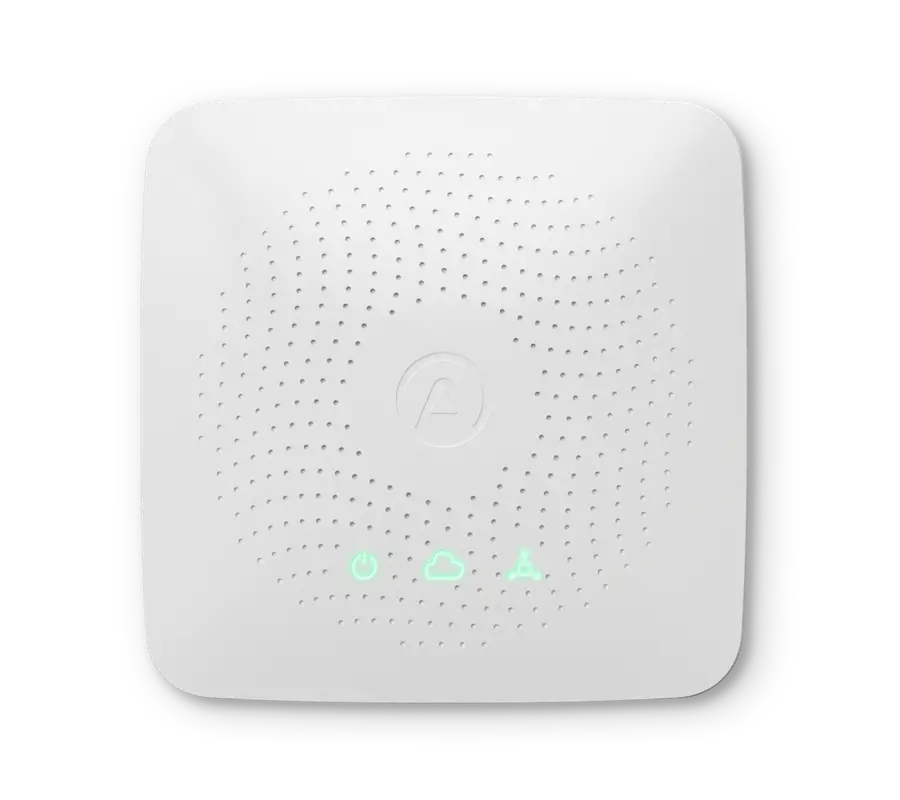Top 10 Surprising Ways to Secure Your Home in 2016
Wondering how you can secure your home in the 21st century? Here are our top 10 surprising ways to keep your home safe in 2016. Sources are included at the bottom.
1. Measuring your radon levels

You may not have heard about it, but radon is the second leading cause of lung cancer after smoking. About 20,000 people die annually in the US from radon exposure in their homes, and most of them have no idea that they’re at risk. The only way to know if your home is affected by radon gas, and secure your home, is to test. Here is a top rated radon detector on Amazon.
2. Smart lock
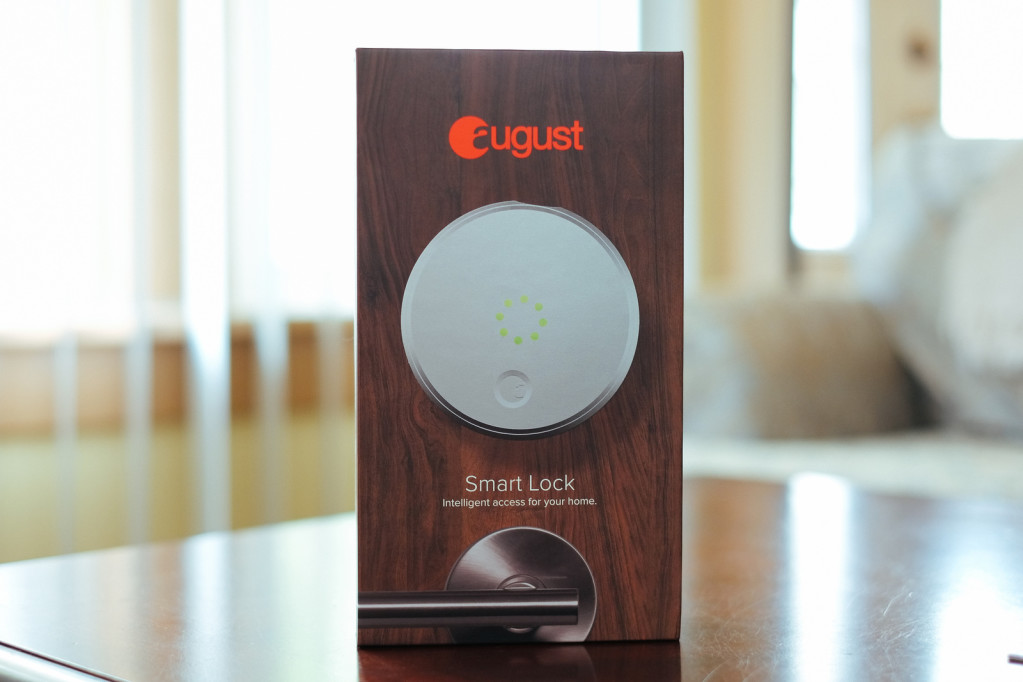
Does your standard lock cut the mustard in today’s home-sharing economy? Many homeowners use old-fashioned lockboxes to provide keys to Airbnb guests. But what do you do when keys go missing? A smart lock allows you to give certain people access for a limited time only. The best part is that you don’t have to share any keys! August provides some of the most popular smart locks to date.
3. Smart smoke detector
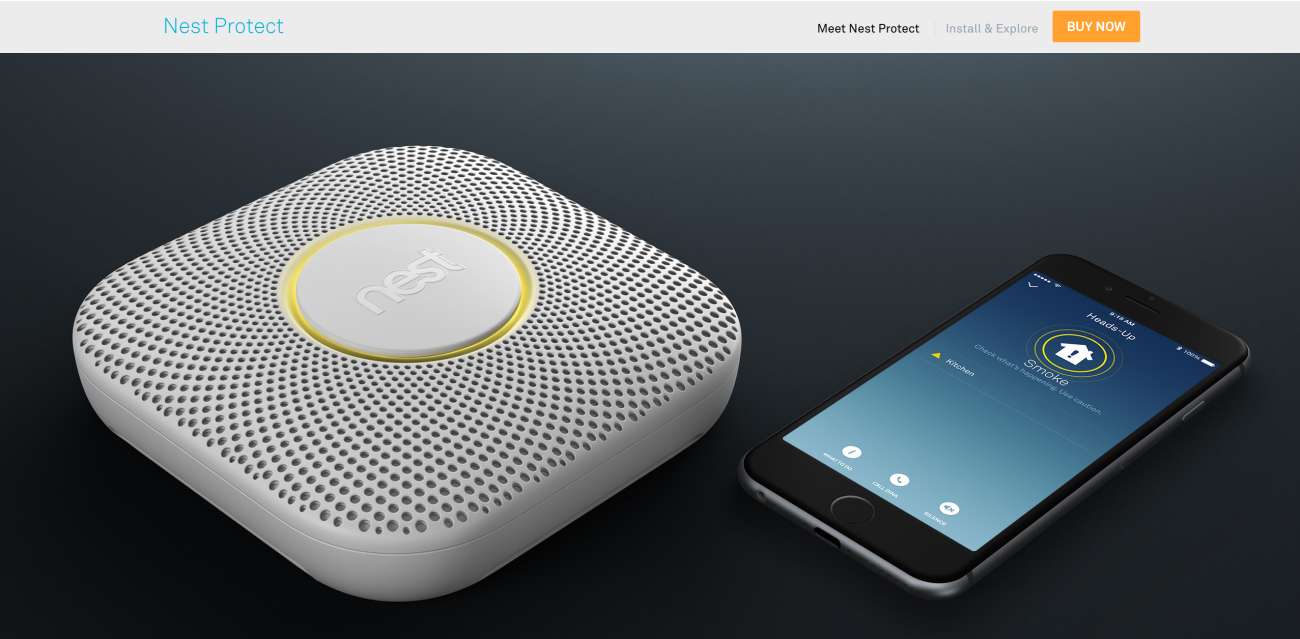
Your house probably has a smoke detector. But does it work? An average of about 2,570 people die from fires each year in the US. Nest provides state of the art smoke detectors taking your home into the 21st century. Their detector is coupled with your smart device so you get notified even when you’re not home.
4. Restrict pool access
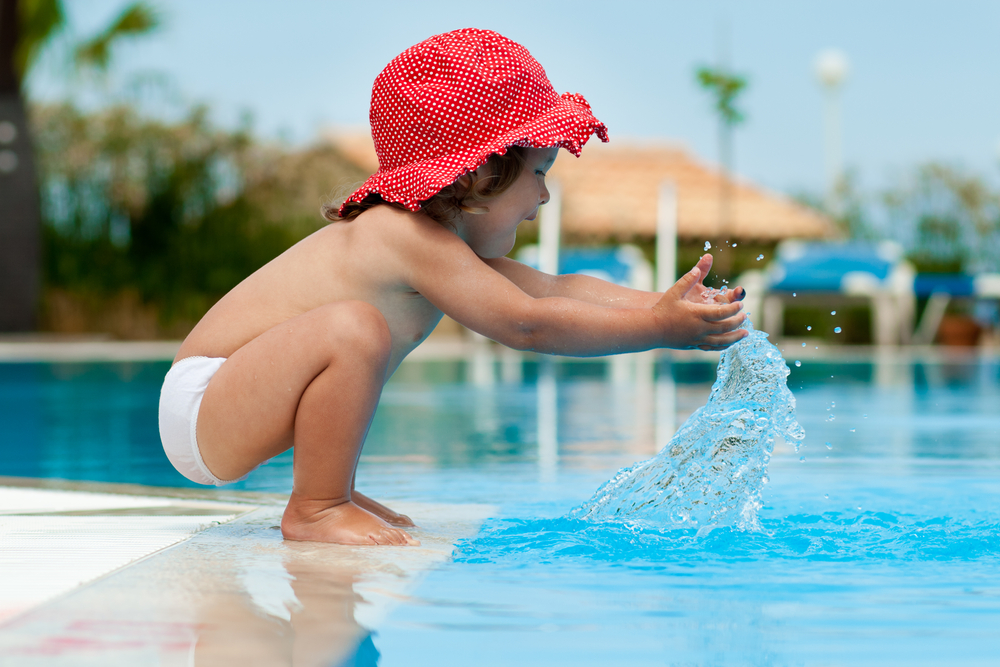
Your children may already know how to swim, but what about when you’re not home? Children in the neighborhood may find a pool very tempting and no-one wants to end up with a hurt child. Ensure that your pool is not easily accessible.
5. Slippery surfaces
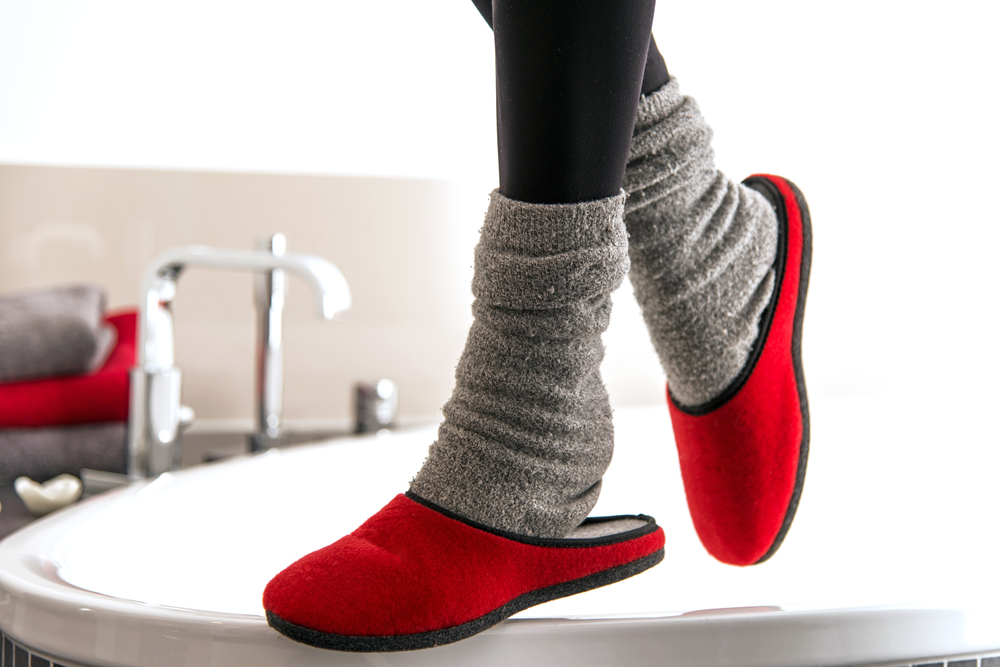
Falling is the leading cause of injury related deaths in the home. According to the CDC, unintentional falls claim approximately 30,000 lives per year. Does your bathtub have a bath mat? If not, this may be the time to purchase one. Here is a top rated bath mat on Amazon.
6. Secure pain killers, alcohol, and cleaning agents
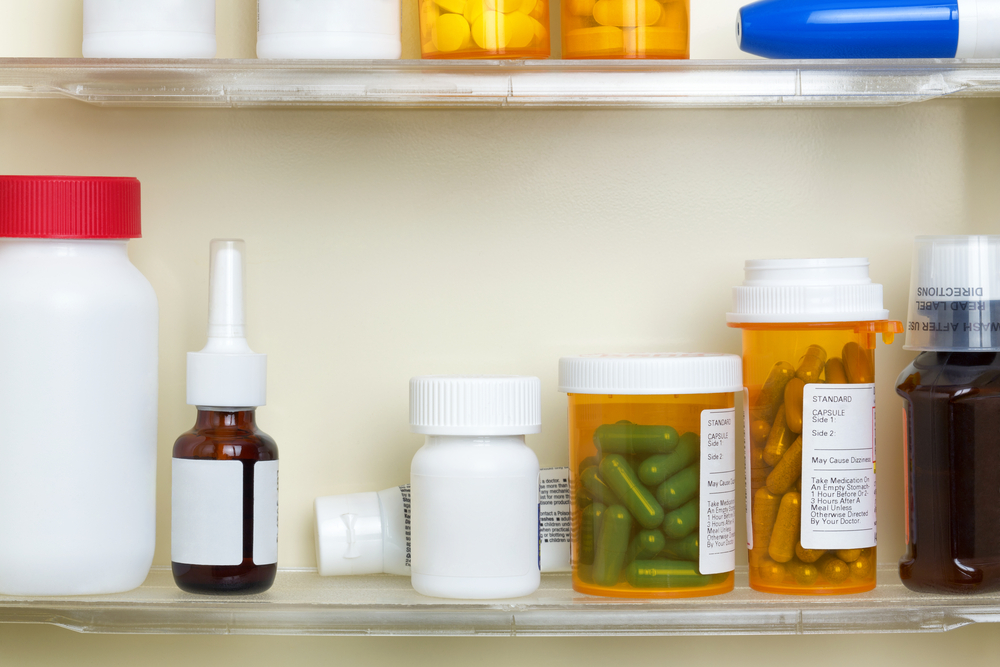
Many homeowners leave their cleaning agents or pain medication easily accessible. But what about when your friend’s children are visiting? Poisoning is the second leading cause of injury-related deaths in the home with an estimated 5,000 deaths a year in the US. Ensure that medication is difficult to reach.
7. Unhealthy food

We all know it; leaving tasty snacks around the house can be bad for our health. However, many think that they have the self-control to avoid eating the food once they bought it at the store. That is not always the case. Diabetes is the underlying cause of approximately 60,000 deaths in the US yearly. And coronary heart disease? A whopping 370,000 die from that every year.
8. Leave the bathroom unlocked
Since the bathroom is one of the most slippery places in our homes, ever considered leaving the door unlocked? If you are comfortable with other members of the family or friends you should probably leave the door to the bathroom unlocked. That way, if there is an emergency, you are more likely to receive first aid in those first crucial minutes.
9. Befriend your neighbors

Aware neighbors are a great first defence against burglary – especially on vacation. It might be a good idea to ask them to take in your newspapers and pay extra attention should something happen. Approximately 2 million burglaries happen every year in the US alone.
10. Ensure proper ventilation
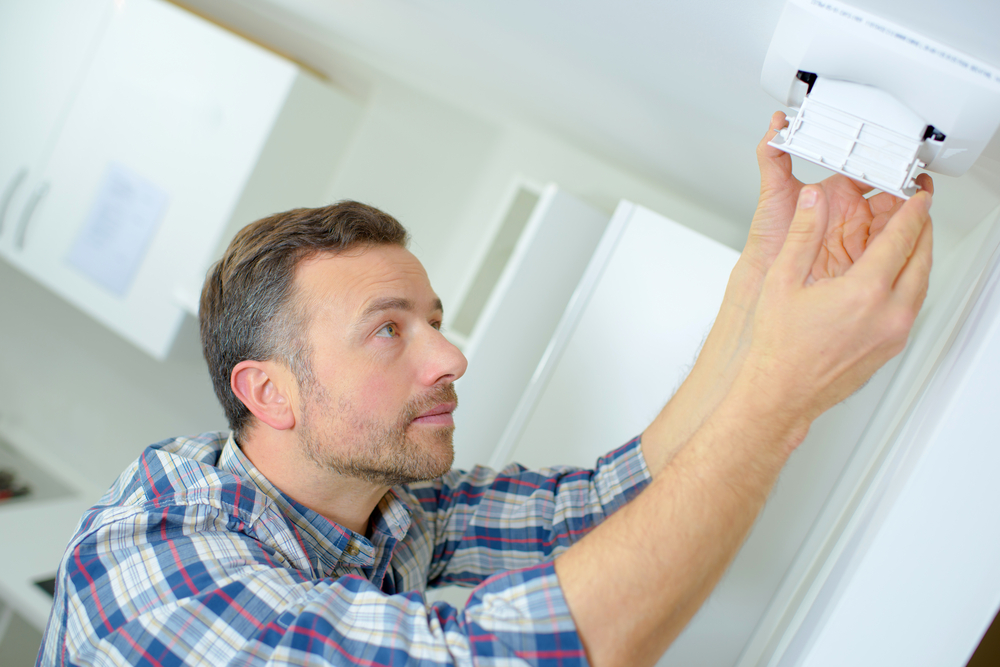
Have you ever seen mold in a bathroom? That might be caused by poor ventilation. In addition, improving ventilation can help with asthmatic symptoms, pollen allergies, and other respiratory ailments. About 3 million global deaths yearly are due to chronic respiratory diseases.
Sources:
- Burglary: https://www2.fbi.gov/ucr/cius2009/offenses/property_crime/burglary.html
- Coronary Heart Disease http://www.cdc.gov/heartdisease/facts.htm
- Falling deaths: http://www.cdc.gov/nchs/fastats/accidental-injury.htm
- Fire deaths: http://www.nfpa.org/press-room/news-releases/2013/seven-people-die-each-day-in-reported-us-home-fires
- Nest smoke detectors: https://nest.com/smoke-co-alarm/meet-nest-protect/
- Poisoning deaths: http://www.cdc.gov/nchs/fastats/accidental-injury.htm
- Radon detector: https://airthings.com
- Radon risk: http://www.epa.gov/radon/health-risk-radon
- Respiratory diseases: http://www.who.int/respiratory/en/











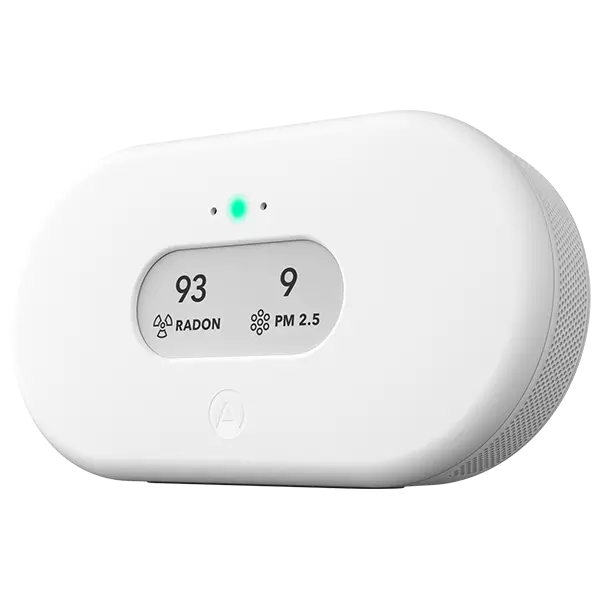

%20(1).webp)
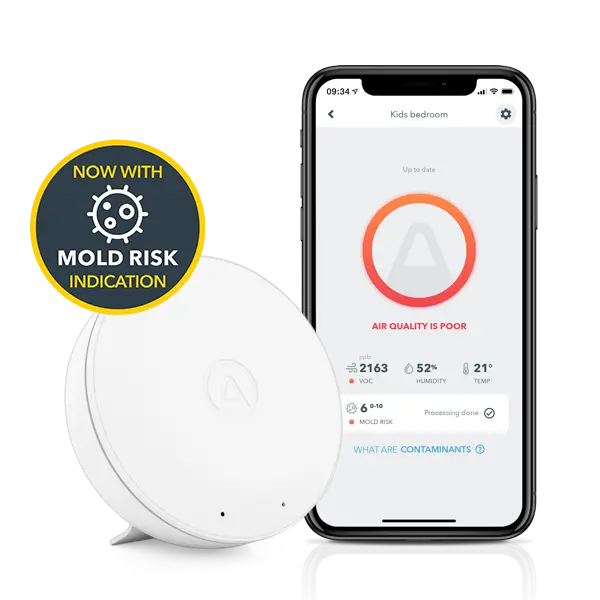
%20(1).webp)
